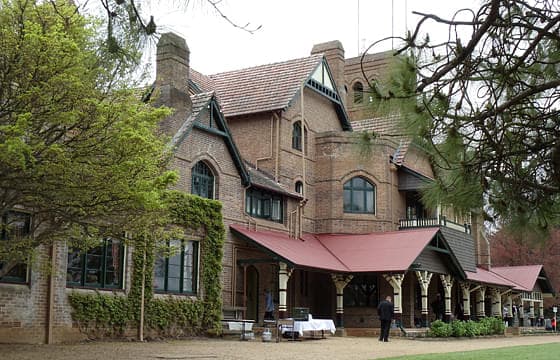

Bachelor of Arts/Bachelor of Laws at University of New England
Armidale, Australia
- Tuition Fee AU$ 28,216
- Country Rank#29
- Duration60 Months
- Score IELTS: 6 TOEFL: 79
Program Overview
Studying law in conjunction with another discipline gives you the freedom to take an interdisciplinary approach to both your studies and your future employment. It equips you with contemporary knowledge and legal skills in demand by employers. You will not only graduate with a solid foundation in law, a sharpened analytical mind and a range of portable and adaptable skills, you will also be ready to take advantage of many career opportunities in a rapidly changing landscape.
Cost Of Studying At University of New England
Interest rates as low as 8.9% *
250K+
Students Assisted
800Cr+
Loan Amount Disbursed
5000+
Loans Sanctioned
Check Loan Eligibility
Powered by 